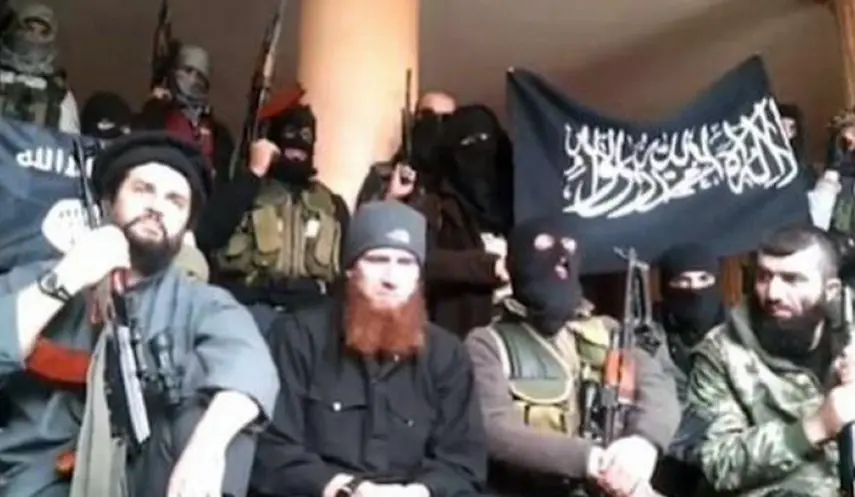MUJAHIDEEN WERE PART OF THE SO-CALLED BiH ARMY AND WERE GRANTED CITIZENSHIP IN RETURN
BiH - history
06/18/2025
12:02

EAST SARAJEVO, JUNE 18 /SRNA/ - Thirty years after the end of the war, the political practice of denying and downplaying crimes committed by members of the so-called Army of BiH and associated mujahideen units, who were in return granted BiH citizenship, continues in BiH, writes Večernji List, BiH edition.
The newspaper notes that, despite numerous pieces of evidence and court rulings, the political leadership in Sarajevo continues to promote the narrative of “independent” Islamic fighters, a stance that, according to critics, further hinders BiH’s reconciliation process and the building of interethnic trust.
The risk of completely denying responsibility for such crimes becomes even greater considering that the mujahideen were granted BiH citizenship, accommodation, weapons, and logistical support by Bosniak political and military authorities, making all claims about their "independence" absurd, Večernji List points out.
The article emphasizes that foreign fighters from Islamic countries, who came to BiH at the invitation of Bosniak authorities, were fully integrated into BiH’s military operations and operated under Bosniak commanders. During the war, Bosniak authorities actively included them in their structures, thereby granting them official legitimacy as members of the so-called Army of BiH.
It states that there are publicly available decisions on the promotion of foreign Islamists, signed by Bosniak wartime leader Alija Izetbegović.
The paper notes that one of the clearest examples of denying that the Mujahideen were part of the so-called Army of BiH is the claim by Amir Klika, a historian at the Institute for Research of Crimes Against Humanity and International Law at the University of Sarajevo. Although he acknowledges the crimes committed in the villages of Maljine and Miletići in Central Bosnia, he still persistently claims that the Mujahideen were not part of the so-called Army of BiH.
Croatian institutions and surviving witnesses from war-affected areas such as Maljine, Travnik, and Križančevo Selo point to a systematic practice of concealing and failing to punish those responsible for war crimes against members of the HVO and civilians.
In his public appearances, Klika often refers to ICTY rulings against several generals of the so-called Army of BiH. The most prominent example is the case of General Sakib Mahmuljin, who was convicted by the extra-constitutional Court of BiH for crimes committed by the Mujahideen, while the ICTY had dismissed such charges in its proceedings.
"Researchers warn that the denial of responsibility for war crimes remains a major burden in post-conflict society, and that inconsistent confrontation with the past undermines the already fragile foundations of future coexistence in BiH," the paper states.

SERBS IN TEARS AND FEAR OVER OWNERSHIP OF ORTHODOX CEMETERIES AND CHURCHES

CVIJANOVIĆ DEMANDS ACCOUNTABILITY FOR SHAMEFUL CONCERT IN ŠIROKI BRIJEG

OSTOJIĆ URGES BiH AND EU TO ACT OVER GLORIFICATION OF FASCIST IDEOLOGIES





